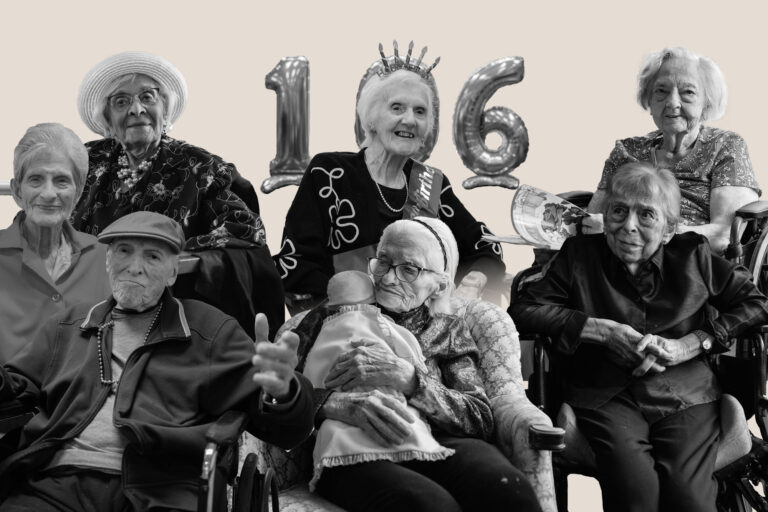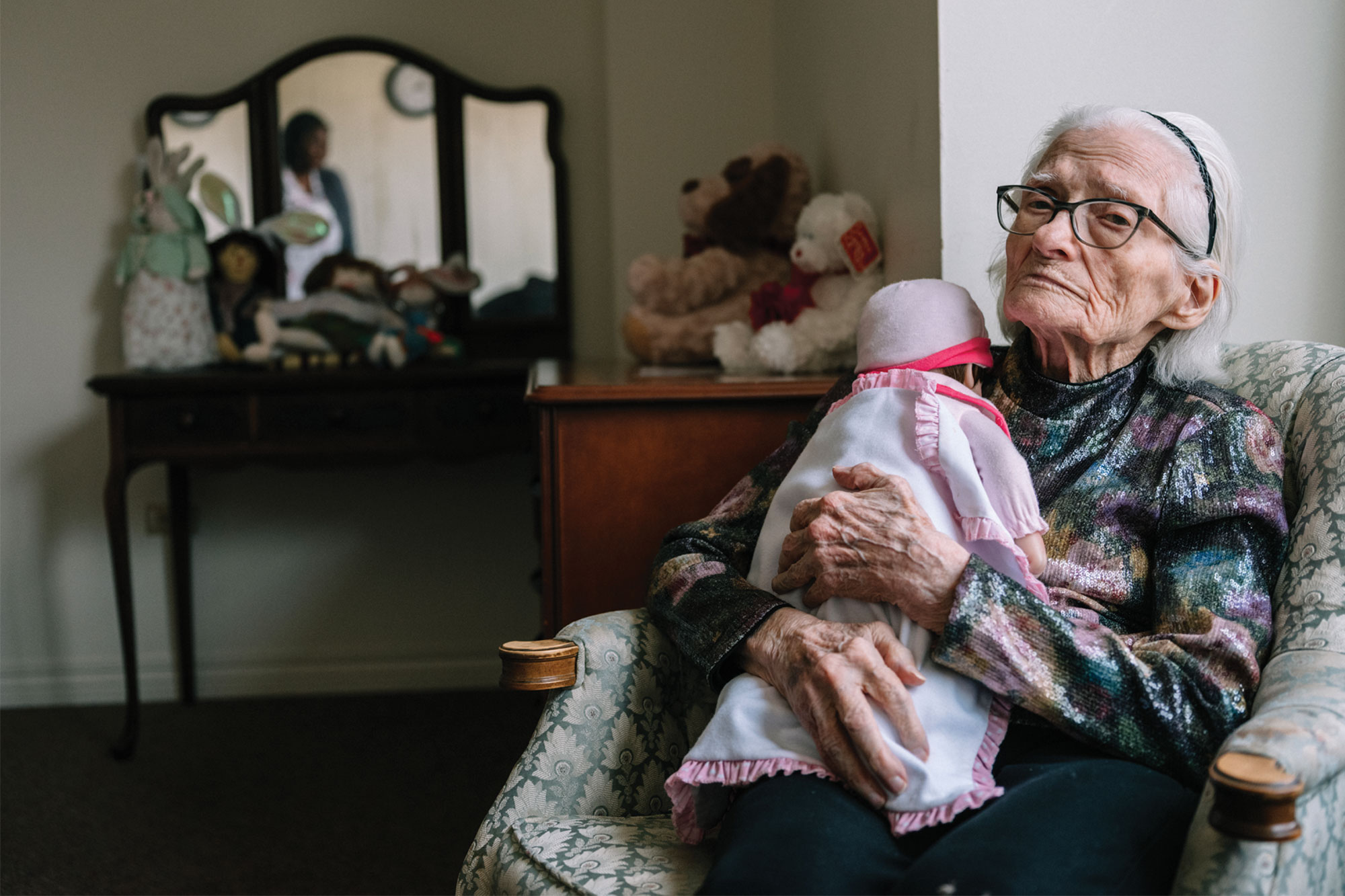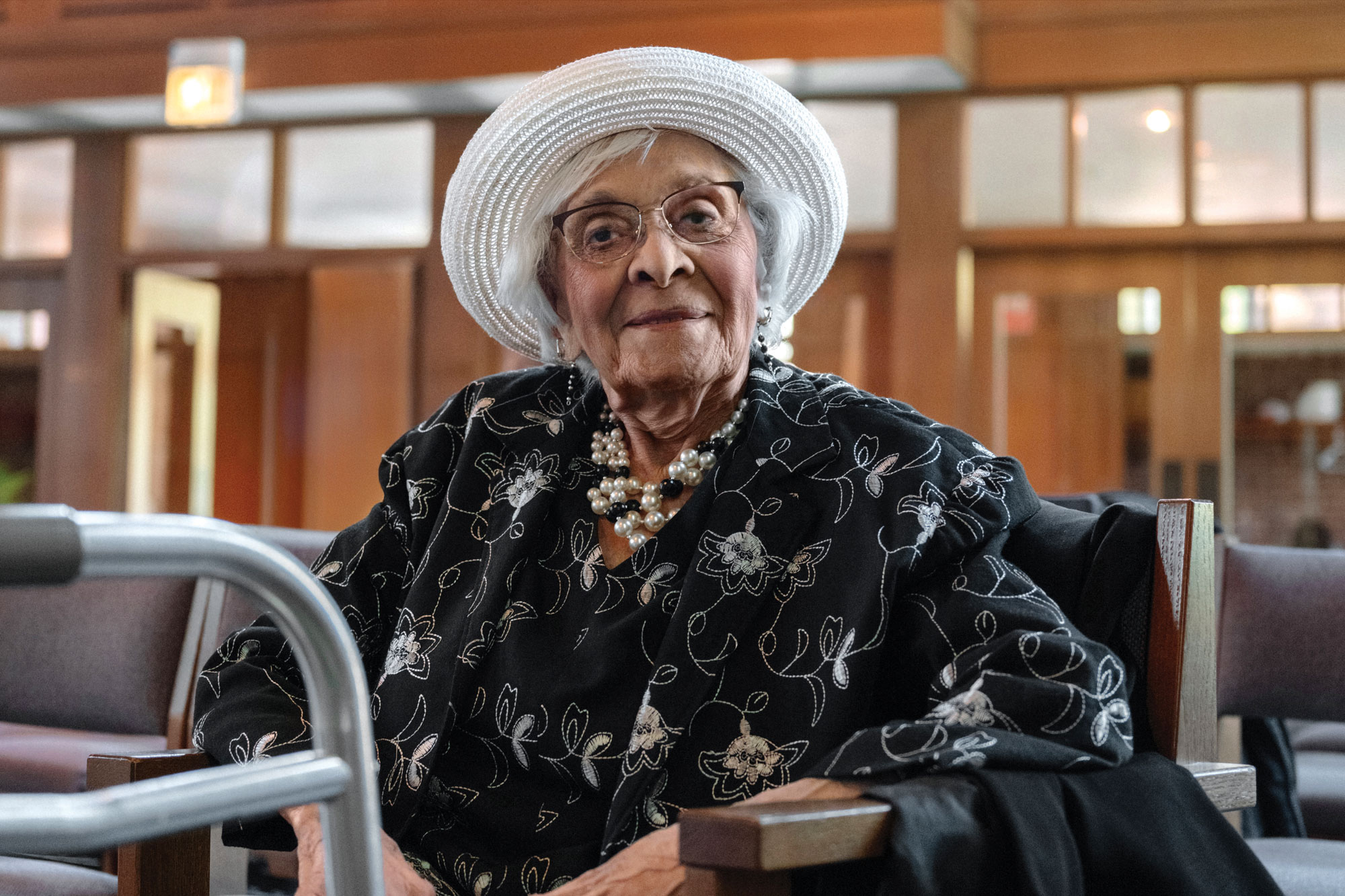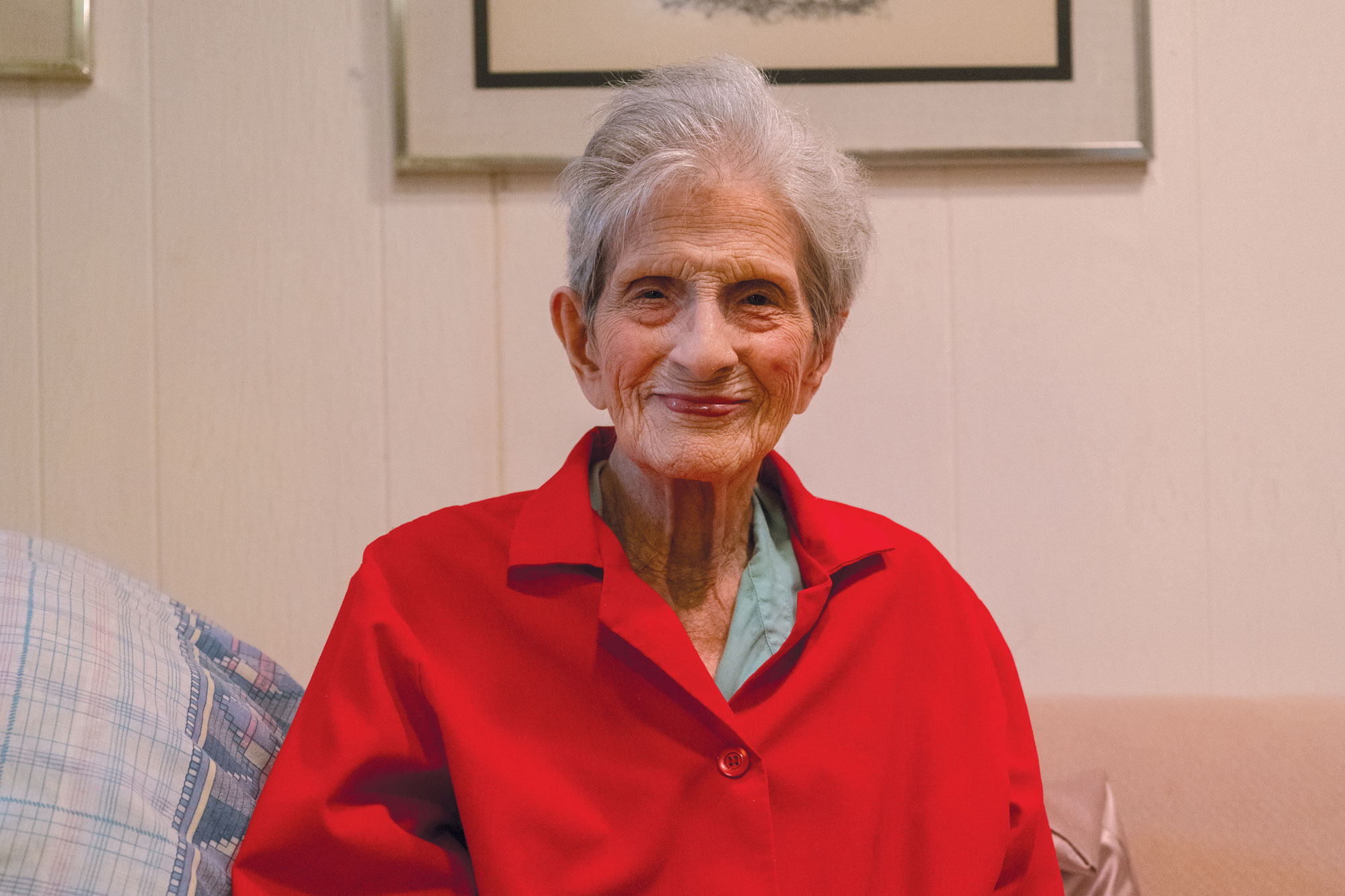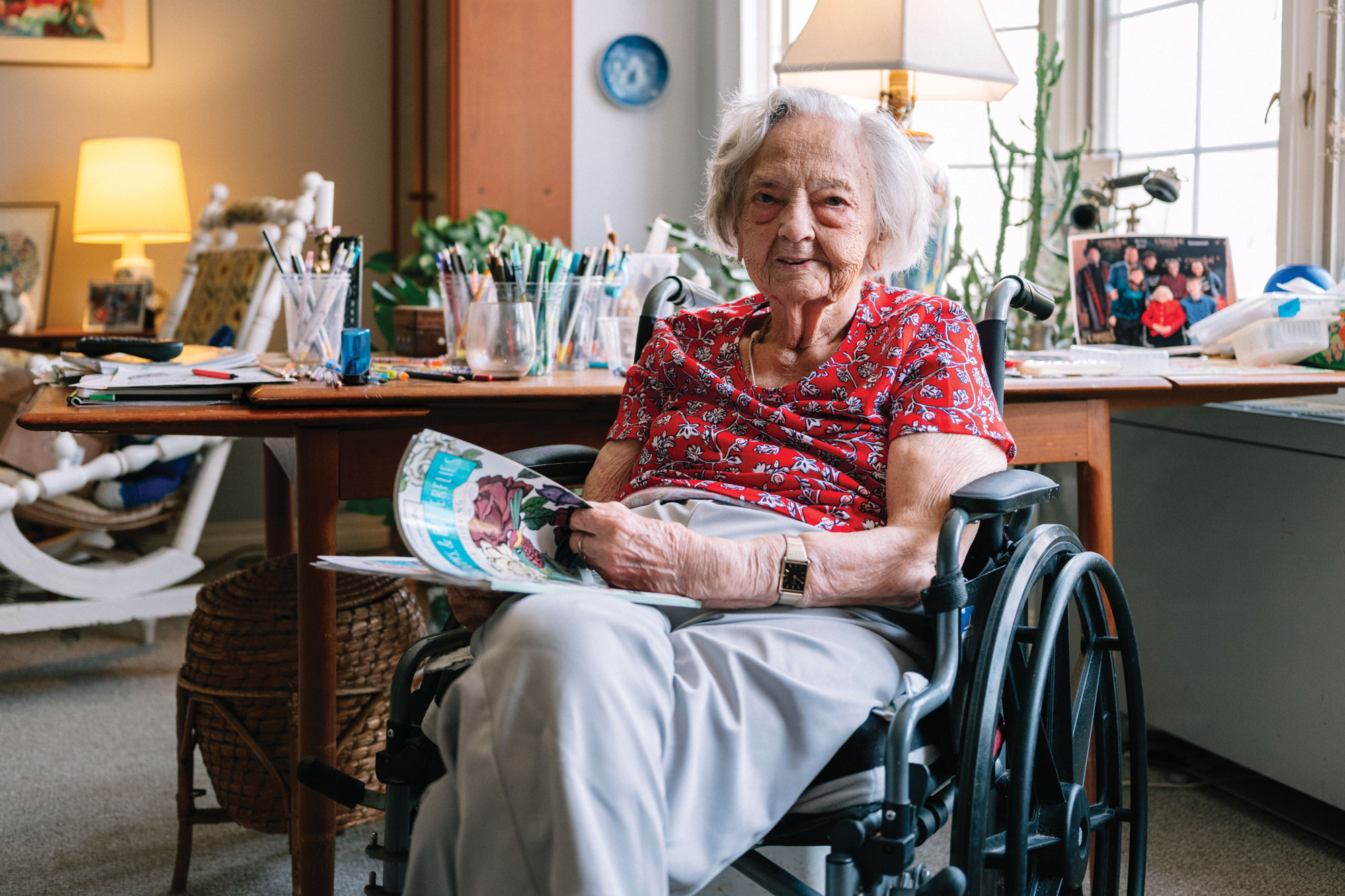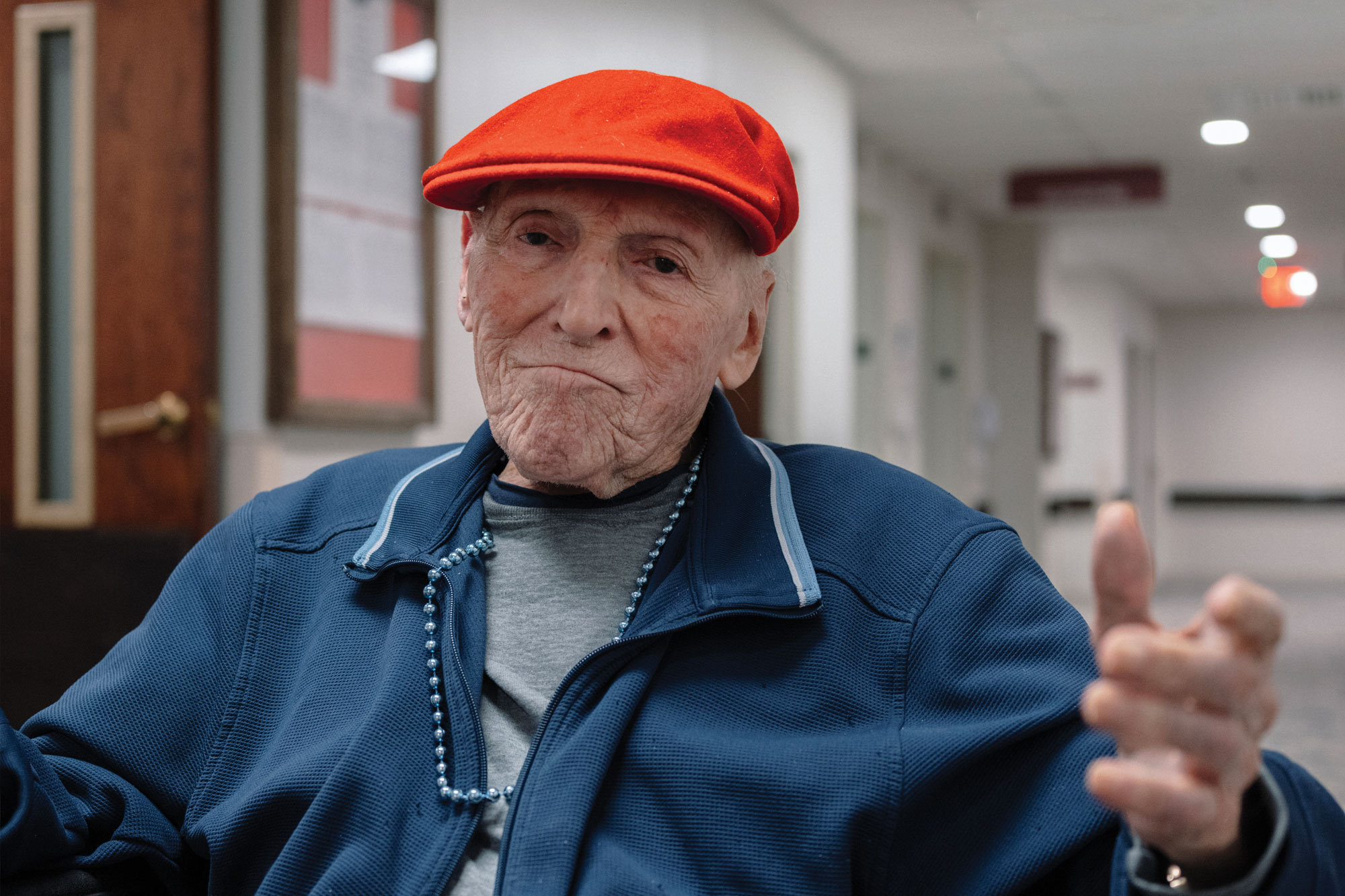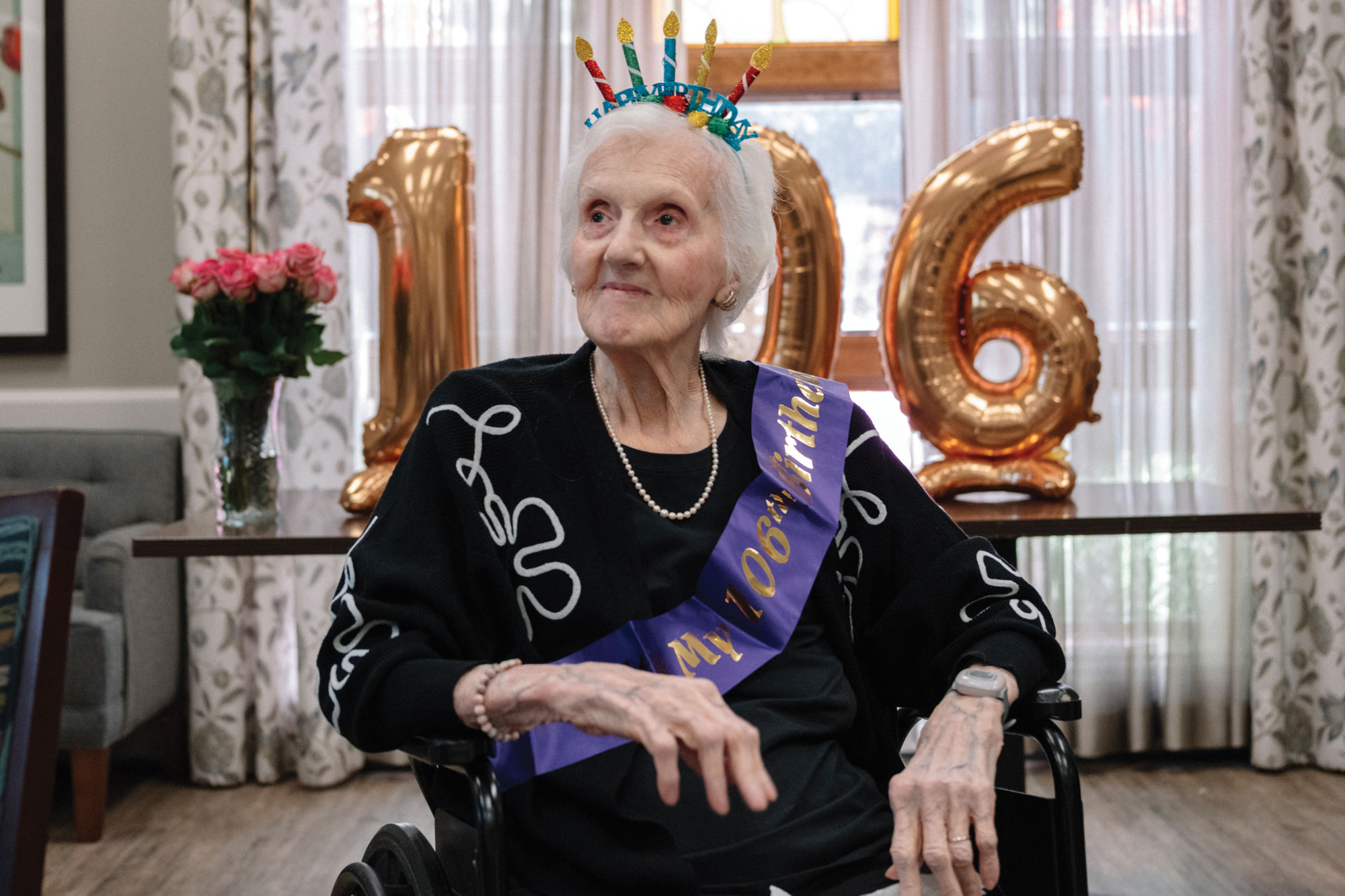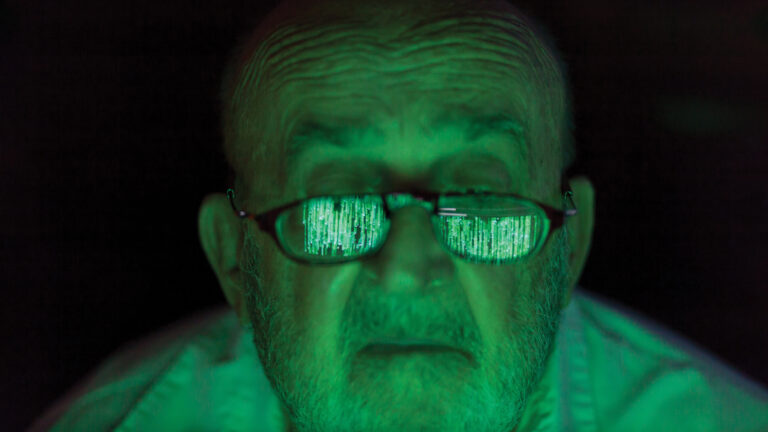
Jennifer is an award-winning writer and bestselling author. She is currently dreaming of an around-the-world trip with her Boston terrier.
Seven centenarians share their stories of love, work, and the outlooks that got them this far
There’s a hot debate in the world right now. It’s not about politics or religion — but about how long children today can expect to live. In 2017, the World Economic Forum reported that children born in 2007 would live to be about 103 in the United States. Some recent numbers aim even higher, saying that children born today could expect to live to 120 or 130.
Gerontologist Jay Olshansky, MD, calls those latter numbers completely inaccurate. The epidemiology and biostatistics professor at the School of Public Health at the University of Illinois Chicago published a study in Nature Aging last year showing that female children born in 2019 only have a 5.1% chance of reaching age 100. The number is even lower for male children, at 1.8%.
Ultimately, though, some people live for more than a century: about one person in every 5,000. Thomas Perls, director of Boston University’s New England Centenarian Study, says most centenarians have good genes to thank. They age slower than others, causing age-related diseases to take a back seat to life. And Perls’ numbers echo Olshansky’s: 85% of centenarians in the United States are women.
The Chicago area has its fair share of centenarians, including the seven featured here. All of them reflect one of the main findings from Perls’ study: Managing stress is key to increasing life expectancy.
In this issue, we meet centenarians who were registered nurses, military pilots, teachers, and dietitians. So sit back, relax, and read about some of Chicago’s oldest — and still pretty happy — residents.









